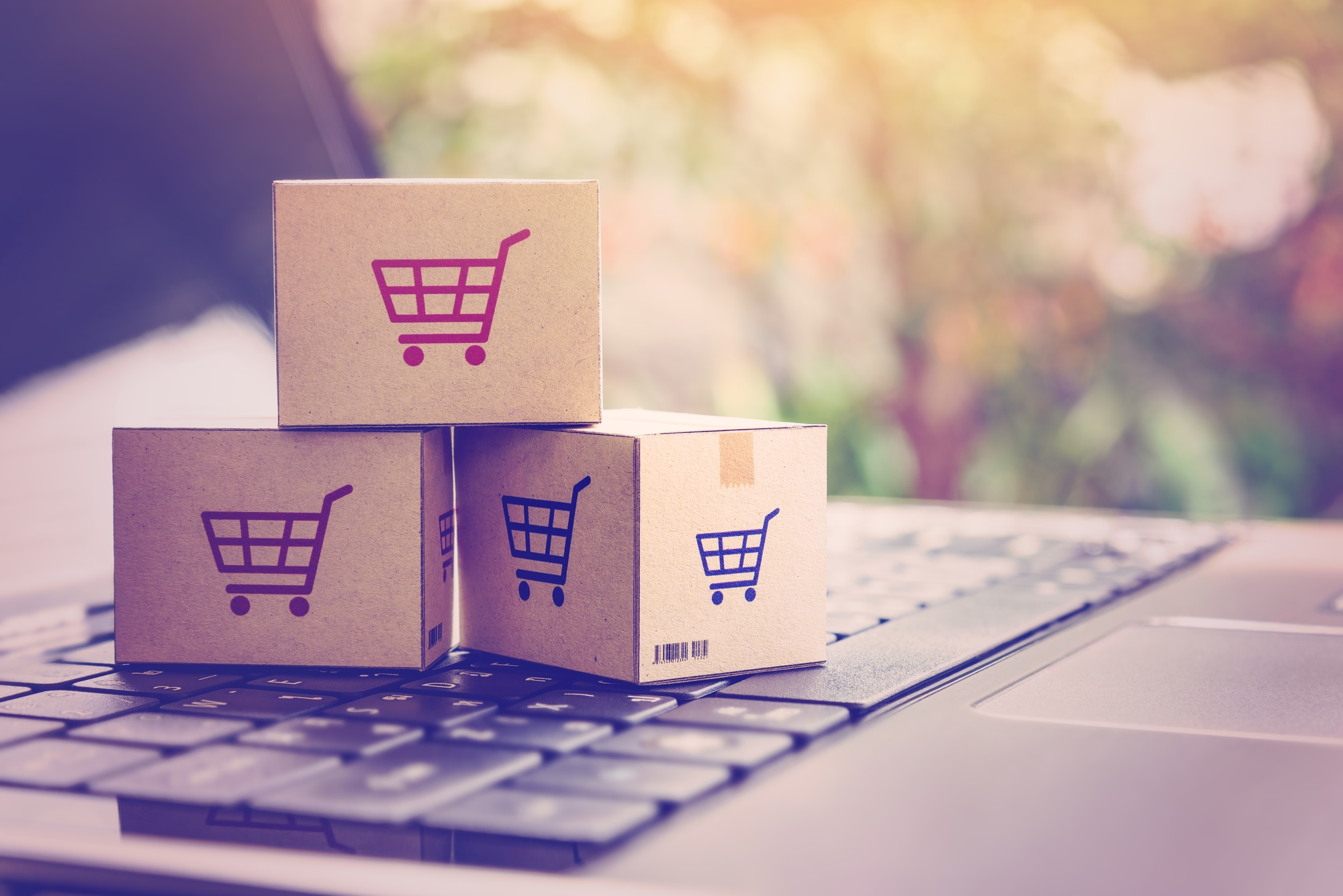The Consumer Packaged Goods (CPG) industry, similar to many other industries, was severely impacted by the pandemic. As the company faced this trying time, most companies looked to e-commerce and retail marketplaces to maintain sales and clean out inventory. The increasing popularity of D2C models brought in a whole new competitive playing field that directly affected the traditional retailer, who had been on top for years.
The D2C model has become the lifeline for consumers who once used brick-and-mortar stores for daily needs. The industry has witnessed explosive growth as more brands shift towards D2C. eMarketer reports that US D2C e-commerce sales have grown by 45.5% in 2020, and it stood at $111.54 billion, accounting for 14% of total retail e-commerce sales. According to McKinsey, digital adoption jumped dramatically from 81% to 95% in Europe during the COVID-19 crisis. These statistics are but a glimpse of the much bigger global trend: D2C is here to stay and will continue to grow rapidly
Benefits of D2C model for CPG brands
Several sectors within the CPG industry have reaped the benefits of D2C e-commerce:
- FMCG: Unilever's e-commerce sales increased by 38% in 2020.
- Apparel: In 2020, D2C sales contributed to 35% of Nike's brand revenues, whereas Puma reported a growth of 60.9% in online sales for the third quarter of 2020.
- Beauty: L'Oréal's online sales increased by 62% across all divisions and regions, accounting for 26.6% of total sales.
- Furniture & Homeware: IKEA’s online sales increased by 73%, making up 26% of total sales.
These trends highlight a significant shift in consumer behavior: buyers are increasingly willing to purchase directly from brands if the customer experience meets or exceeds expectations, particularly compared to traditional retail or other e-commerce platforms.
Why Consumers Prefer the D2C Model
D2C sales model advantages appealing to consumers:
Better customer service and faster delivery: Customers are convinced that buying direct from manufacturers makes returns easier, claims on warranty more efficient, deliveries faster, and the packaging and delivery quality higher.
Value perception: For many customers, D2C models simply appear to be cheaper; therefore, it is ideal for cost-sensitive buyers.
Tailored experiences: With Direct-to-consumer marketing for CPG, experiences for customers can be uniquely personalized to include product propositions tailored to specific customers and also digital engagements unique to such a customer.
Business Advantage of CPG Companies for Moving into D2C
Besides all this benefit the shift to D2C also offers many strategic benefits for CPG companies such as:
1. Lower Costs: It removes distributors and keeps most of its margins.
2. Growth and Retention in customers: D2C provides a more personal buying experience that leads to more retention in customers.
3. The brand will have a larger sales channel through a very convenient online shopping experience by allowing customers to directly buy from the company's website a diverse catalog of products.
4. Direct consumer data: Companies can obtain first-hand insight into how consumers purchase and browse through the product offerings and tailor marketing strategies.
5. Brand control: D2C offers businesses greater control over how their brand is experienced and presented to the customers.
6. Business Flexibility: Reduced reliance on traditional retail sales channels provides greater operational flexibility.
For CPG companies, transitioning to a D2C model has become essential—not just for growth, but for survival. This model is no longer a “nice-to-have”; it’s a necessity in a post-pandemic world.
The Role of One Point One Solutions in Enabling Successful D2C Models
To successfully execute a D2C model, CPG companies need a right IT & ITeS service provider for integration of such services and technologies. One Point One Solutions is the trusted partner who specializes in delivering end-to-end solutions that support the entire customer journey-from product discovery to post-purchase experiences.
Key Capabilities: Direct-to-consumer strategy for CPG
UI/UX Design: It would ensure that the shopping experience was seamless and intuitive.
Omni-channel customer experience: Offering a consistent experience through all channels.
Inventory management: Streamlining inventory process in order to avoid stockouts and delays.
Trust & safety: Consumer information must be protected with safe and secure shopping environment
Order management: Ensuring smooth and accurate order fulfillment.
Logistics: Time-to-market and cost effective delivery.
Digital payments: Convenient and secure transaction processing
Product information management: The process of keeping correct product information up-to-date.
- Analytics: Leveraging data to drive smarter decisions and improve customer engagement.
- Reputation management: Monitoring and improving brand perception in real-time.
Through a partnership with One Point One Solutions, CPG companies can navigate the complexities of the D2C model, enhance their customer experiences, and dominate the post-pandemic marketplace.
Are you ready to change the way your business is running and tap into this exciting D2C opportunity? Contact One Point One Solutions today to find out how we can make that seamless and efficient shift.

.avif)

.avif)